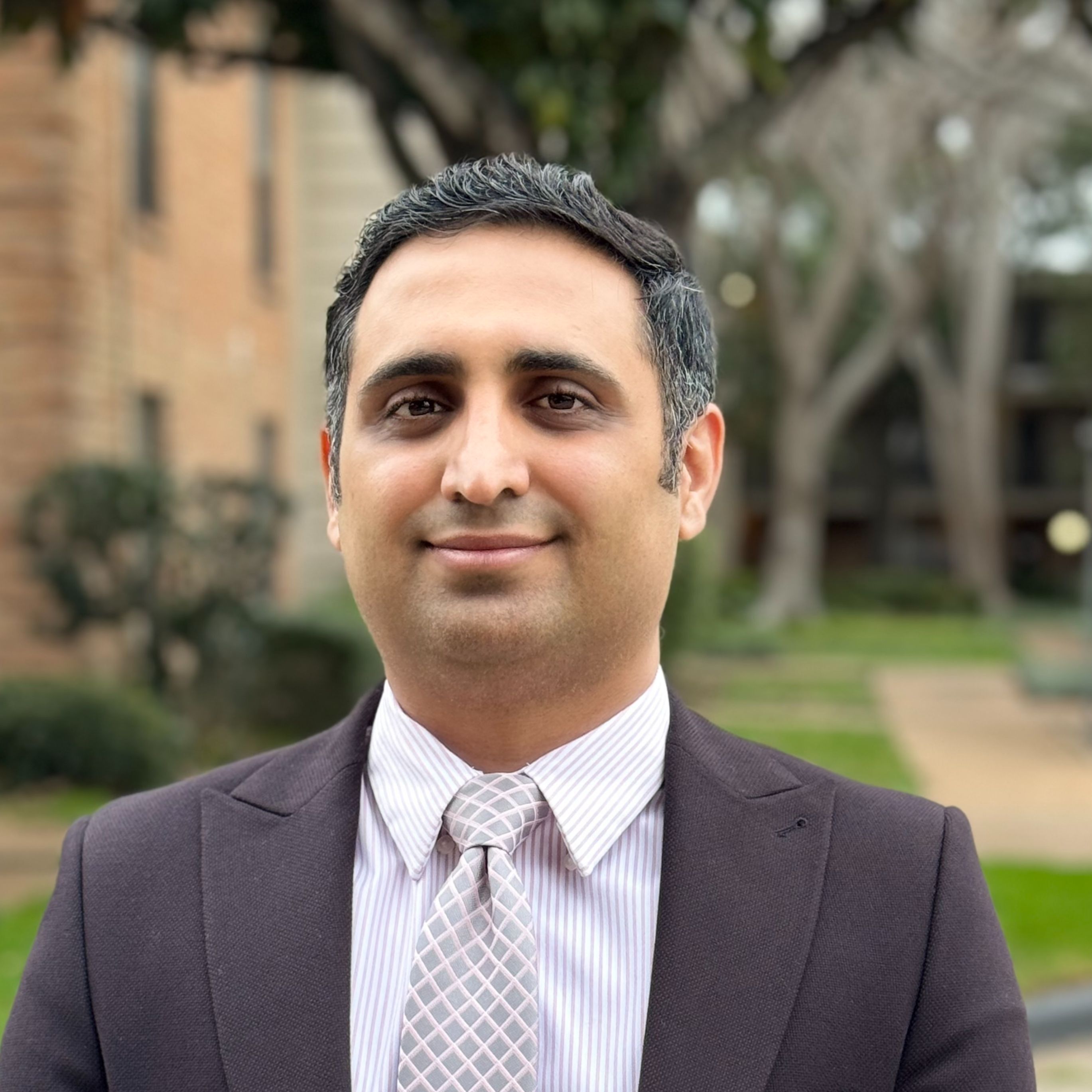Each quarter, the Center for Health and Environment: Education and Research spotlights a faculty member active in research in health and the environment. This installment features the work of Ali Mousavinezhad, Ph.D., a distinguished postdoctoral fellow at the Jackson School of Geosciences at The University of Texas at Austin.

Ali Mousavinezhad, Ph.D.
Mousavinezhad’s research focuses on the interconnection between urban growth, the transition to renewable energy sources and electric vehicles, and their impact on air quality and public health up to the year 2050.
His study uses advanced numerical models and downscaled satellite data to predict the health and economic consequences of different urban and energy development strategies. CHEER is pleased to highlight Mousavinezhad’s work, which provides valuable insights for policymakers and urban planners.
About Mousavinezhad
Previously, Mousavinezhad investigated the impact of transitioning to electric vehicle fleets on air quality, greenhouse gas emissions and public health across major U.S. metropolitan areas. His research provided critical insights into the adoption of electric vehicles and renewable energy, particularly for underrepresented communities.
He also analyzed surface ozone pollution throughout the U.S., identifying significant meteorological factors and evaluating their health implications to support enhanced environmental policies aimed at maximizing public health benefits. “Becoming part of the Jackson School of Geosciences has been both stimulating and enlightening, greatly enriching my research endeavors,” Mousavinezhad said. “I am excited to both contribute to and learn from this dynamic group.”
Quarterly Question
If you had a choice between two superpowers, being invisible or flying, which would you choose?
Mousavinezhad: If I could choose a superpower, it would be invisibility. Aside from the practical benefits — like avoiding uncomfortable social interactions and sneakily enjoying extra samples at the cheese counter — this power metaphorically reflects the often unseen yet significant impact of environmental factors on public health.
Plus, think of the convenience in urban life: no more struggles with finding parking spots on campus — I could simply make my car vanish!”